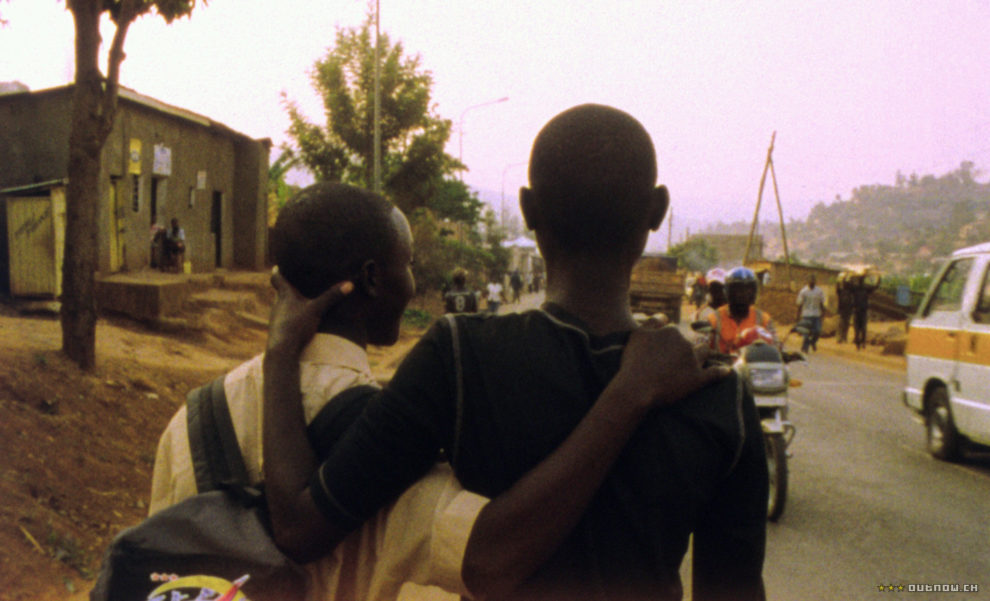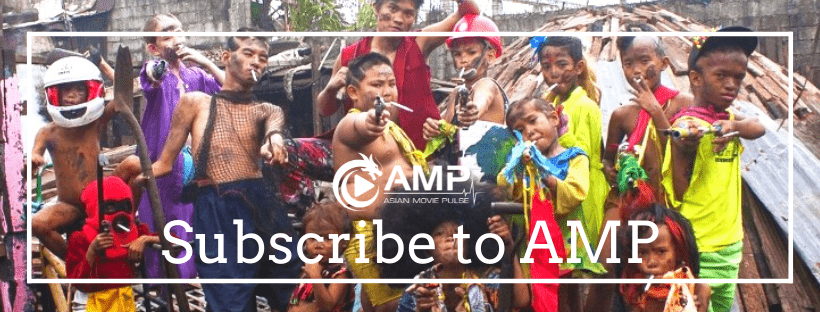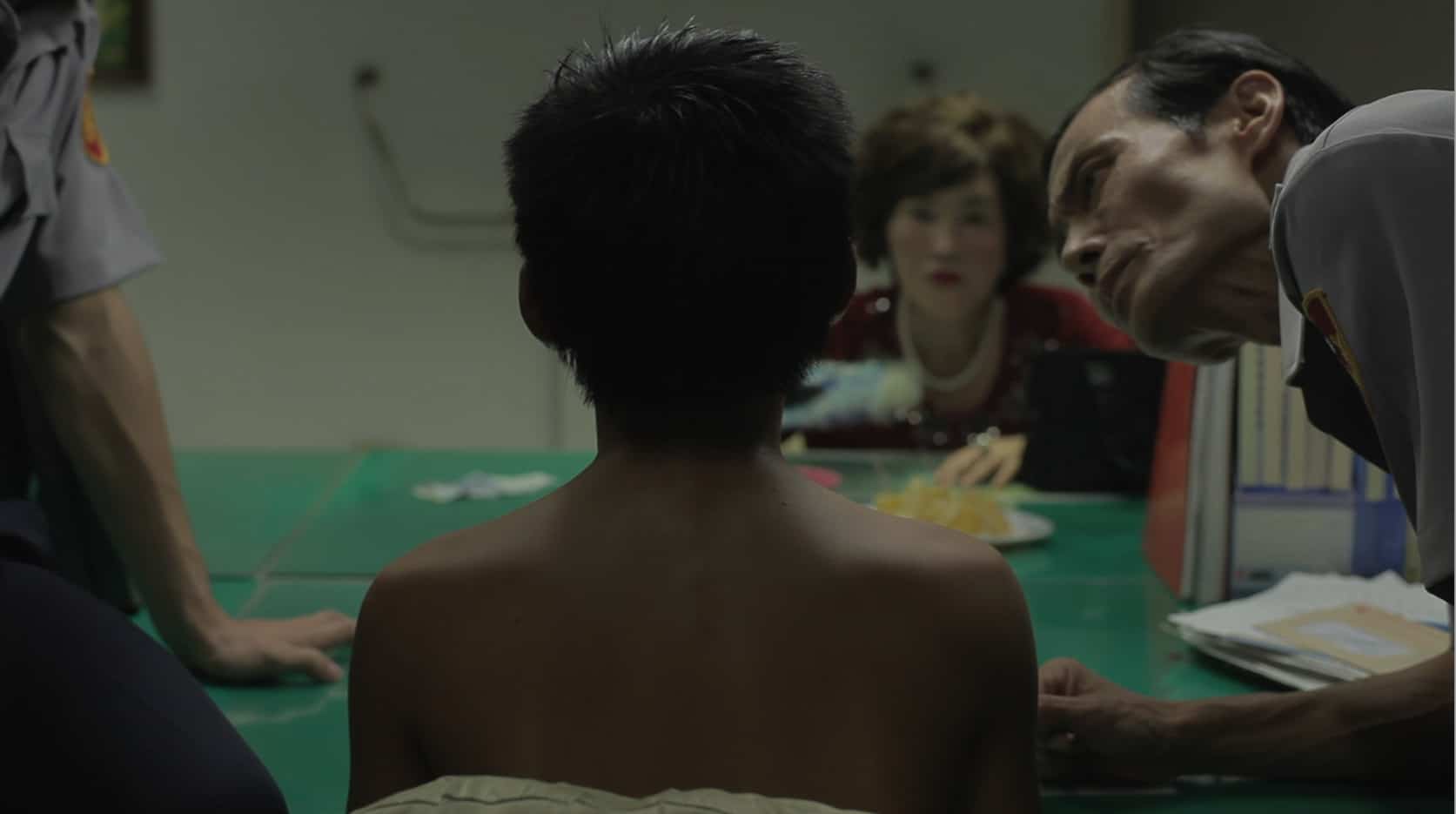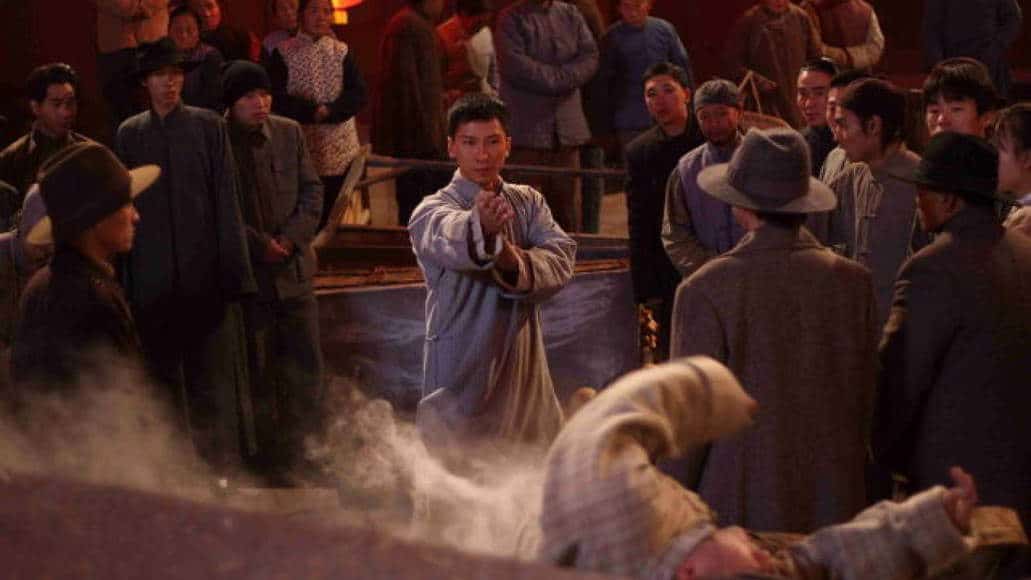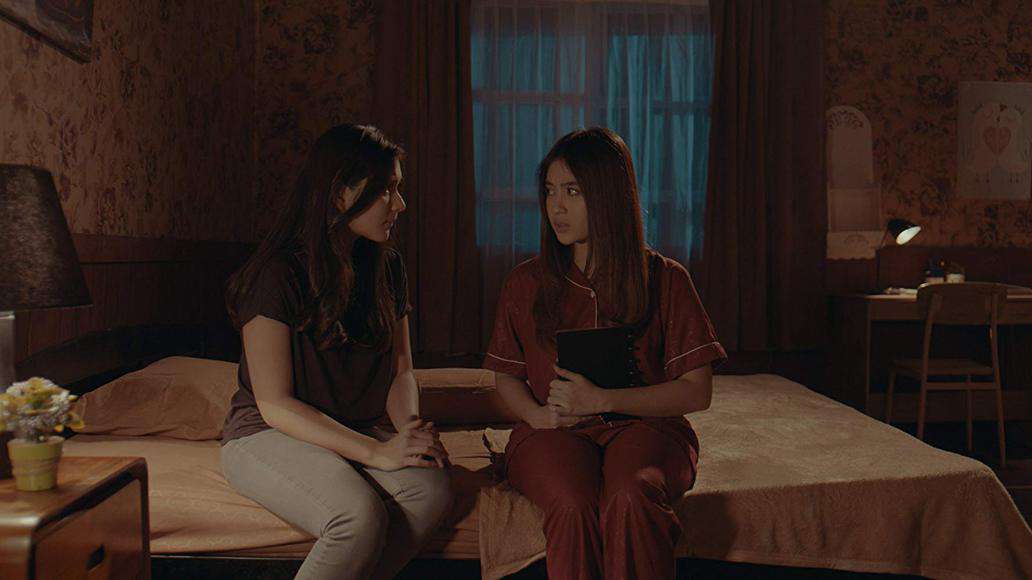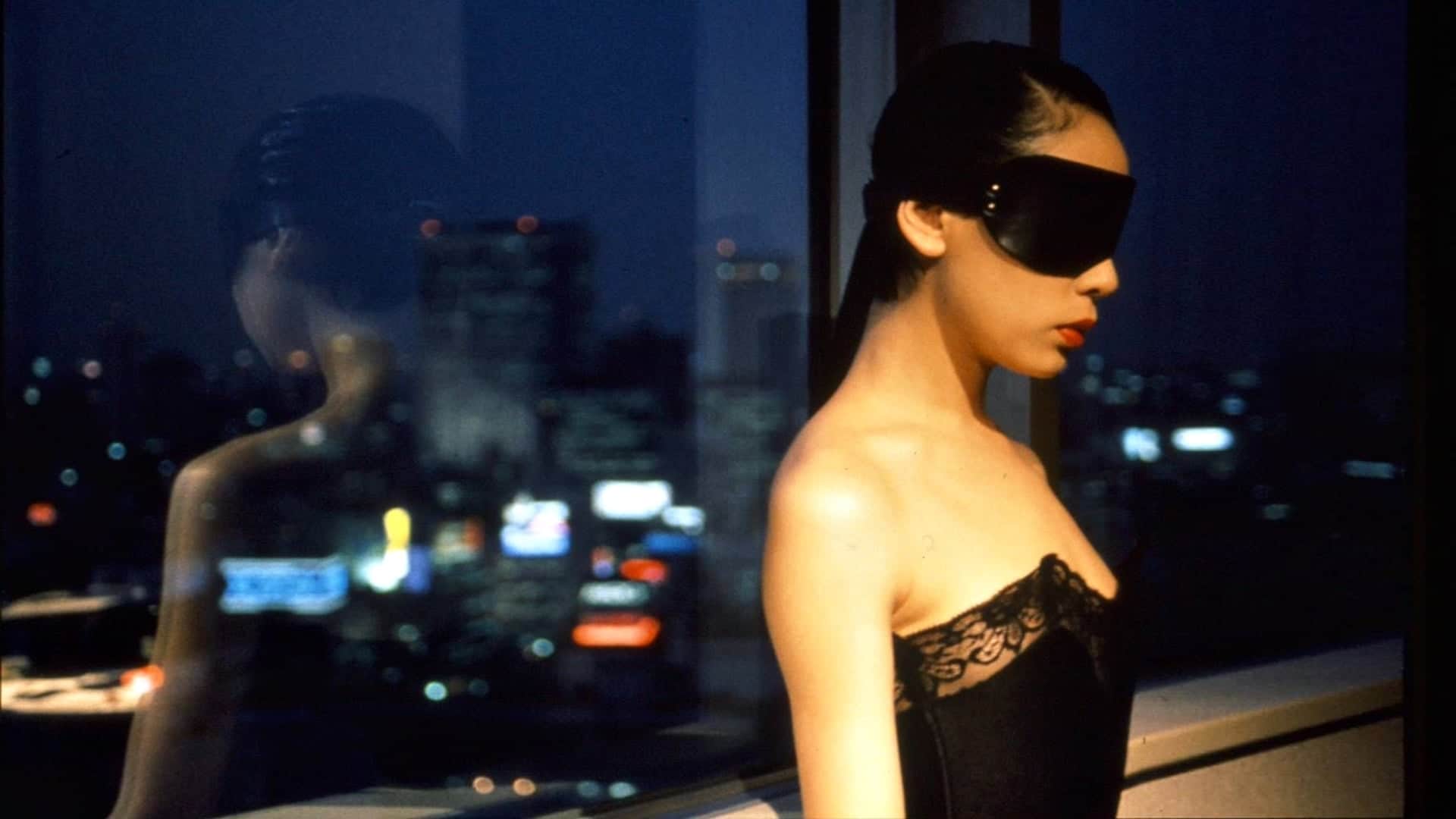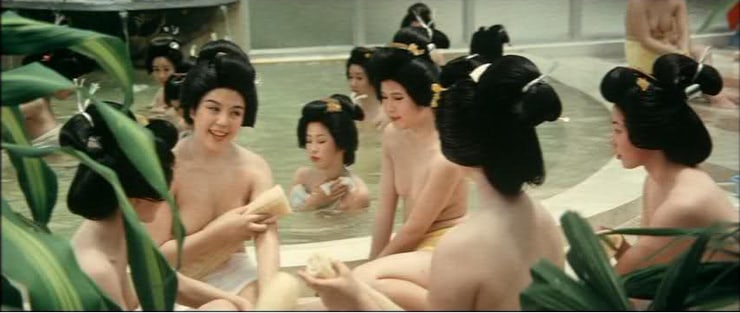According to The New York Times, prior to the making of the film, director Lee Isaac Chung's wife Valerie, an art therapist, had traveled to Rwanda as a volunteer to work with those affected by the 1994 genocide. At her urging, Chung accompanied her and volunteered to teach a filmmaking class at a relief base in Kigali in the summer of 2006. Sensing an opportunity to present the contemporary reality of the country and to provide his students with practical film training, Chung arrived with a nine-page outline which he had written with the help of old friend (and the film's eventual co-producer and co-writer) Samuel Gray Anderson. Chung shot Munyurangabo over 11 days, working with a team of nonprofessional actors he found through local orphanages and his students as crew members. The result was rather positive, as “Munyurangabo”, which is the first narrative feature in the Kinyarwanda language, premiered in the Un Certain Regard section at the 2007 Cannes Film Festival, won the Grand Prize at the 2007 AFI Fest and received positive reviews from all over the world.
“Munyurangabo” is screening at Hong Kong Arts Centre, as part of Cries and Whispers: Film Retrospective of Lee Isaac Chung

Munyurangabo is a young man orphaned by the Rwandan Genocide and is eager to seek justice for his Tutsi parents. After stealing a machete from a market in Kigali, he and his Hutu friend, Sangwa, leave the Rwandan capital and return to their impoverished village. Sangwa's mother is joyful to see him, but there is much friction with his father, who questions his decision to leave for three years, instead of helping his family in the fields. Furthermore, the questions about Munyurangabo soon arrive, with his father explaining why he hates Tutsis, with his words, “Hutus and Tutsis are supposed to be enemies” making his point as clear as possible. The two adolescents try to keep their friendship going in this setting, through (domestic) violence and an overall setting (the Rwandan Civil War) which essentially threatens their own existence.
With a cinematic approach that moves somewhere between the home video and the documentary, Lee Isaac Chung presents a film that is as realistic as possible in its presentation of the situation in Rwanda. As such, the main comment that emerges here is how the civil war between the Hutus and the Tutsis has essentially created an environment where friendship, family, love, and even a proper future have very little if any space to blossom, with racism, hate and violence dominating. Chung actually gives some justification, since the 1994 genocide has left its marks to the survivors quite deeply, in this case, the previous generation. At the same time, though, he also makes a point of showing how this mentality is hindering the lives and essentially the future of youths, with the path the boys' lives eventually take highlighting this aspect to the highest degree.
Apart from context however, the documentary aspect is also intense, with the everyday life of the rural area being quite realistic in its presentation, through Chung's own camera, including the work in the field, the repairs on the mud-brick houses, the time the young boys spend outside work and family, even some ritualistic dances close to the ending of the movie.
At the same time however, and although his editing is quite fitting and not exactly slow, there are some scenes that lag significantly, as in the aforementioned dance's case, or the monologue of one of the kids, which is quite interesting in its context but lasts really too long for its own good. Granted, this is the result of Chung giving as much space to his amateur actors as possible, but the truth remains that some trimming would definitely benefit the movie.
Despite some issues here and there, “Munyurangabo” is an excellent, unique, and very brave film that offers a truly memorable experience, with the image of the titular character with the machete close to the finale being one that will definitely stay on the mind of the viewer, as much as the whole movie.


